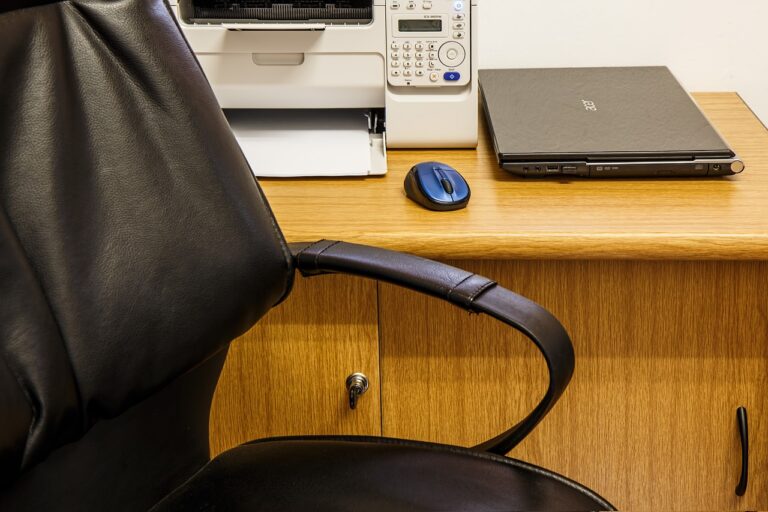Apostille Service in Iowa: Ensuring the Legality of Your Documents for International Use
When dealing with international transactions, legal matters, or personal affairs, certain documents may need to be authenticated to ensure their legitimacy in foreign countries. In the United States, one such process is the Apostille Service Iowa, which verifies the authenticity of a document for international use, and Iowa offers reliable Apostille services to assist residents and businesses with these needs.
What is an Apostille?
An Apostille is a certification that verifies the authenticity of a public document, such as birth certificates, marriage certificates, diplomas, or even court documents, for use in countries that are signatories to the Hague Convention of 1961. The Apostille process ensures that documents issued in one country are recognized as valid in another, eliminating the need for further verification.
Why You Might Need an Apostille
You may need an Apostille for various reasons, such as:
- International Adoption: If you are adopting a child from abroad, you may need your documents, like birth certificates or criminal background checks, to be Apostilled for the adoption process.
- Education and Employment: If you are applying for a job or continuing your education abroad, certain certificates or transcripts may need Apostille authentication.
- Legal Affairs: Legal matters such as wills, powers of attorney, or business contracts often require an Apostille to be valid internationally.
- Travel and Immigration: If you are applying for a visa or residency in another country, you may need to provide authenticated documents as proof of identity or legal standing.
The Apostille Process in Iowa
In Iowa, the Secretary of State’s office is responsible for providing Apostille services. Here’s a general outline of the process:
- Obtain the Document: Ensure you have the original document that needs to be authenticated. The document must be a public document issued by a government entity (e.g., birth certificates, notarized documents).
- Notarization (if necessary): If your document is not already a public record, you may need to have it notarized before requesting an Apostille. For instance, documents like powers of attorney and affidavits often require notarization.
- Submit Your Request: Complete the Apostille request form provided by the Iowa Secretary of State’s office. You will need to submit your document, the completed form, and the required fee. The request can be made by mail or in person at the office.
- Processing Time: The processing time for Apostille services in Iowa typically takes about 5–7 business days, though it can vary depending on the volume of requests. Expedited services may also be available for an additional fee.
- Receiving Your Apostille: Once your request has been processed, you will receive your Apostilled document. This certification will be attached to the original document, allowing it to be recognized internationally.
Fees and Payment
The fee for an Apostille in Iowa is generally affordable, with the cost typically being around $5 per document. If you opt for expedited processing, additional fees may apply. It’s important to check the official website or contact the Secretary of State’s office for up-to-date pricing and payment methods.
Tips for a Smooth Apostille Process
- Ensure Accuracy: Double-check that the document you are submitting is complete, accurate, and notarized if required.
- Use the Correct Form: Fill out the Apostille request form completely and correctly to avoid any delays in processing.
- Verify Requirements: Different countries may have specific requirements for Apostille documents, so make sure to research the specific guidelines of the country where you are submitting the document.
Conclusion
Obtaining an Apostille in Iowa is a straightforward process that helps ensure your documents are accepted internationally. Whether you’re dealing with personal matters, business transactions, or legal processes, an Apostille provides the necessary authentication for your documents to be recognized abroad. By understanding the steps involved and preparing your documents accordingly, you can smoothly navigate the Apostille process and ensure your paperwork is valid for international use.







